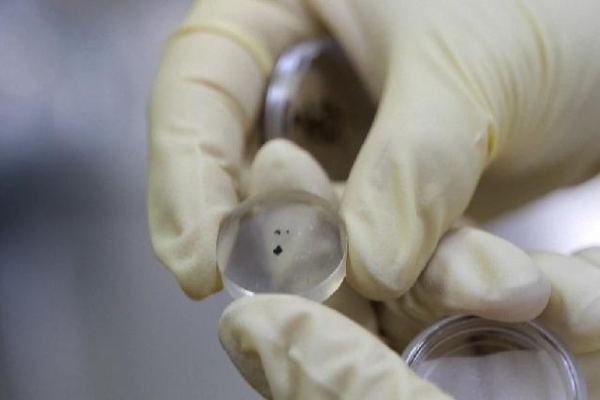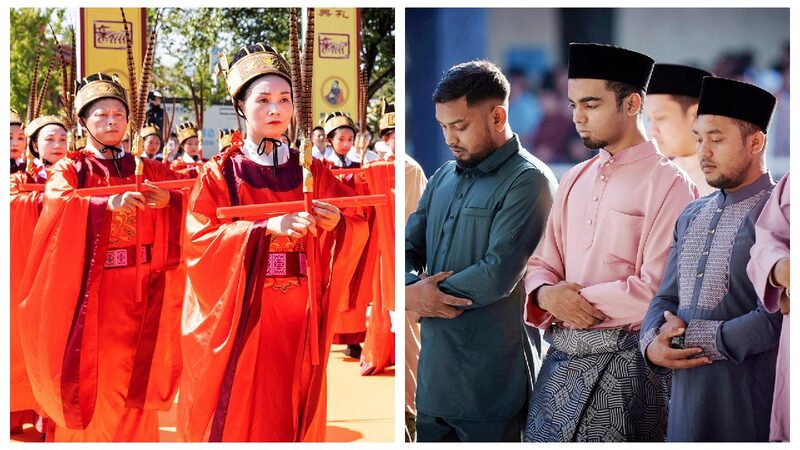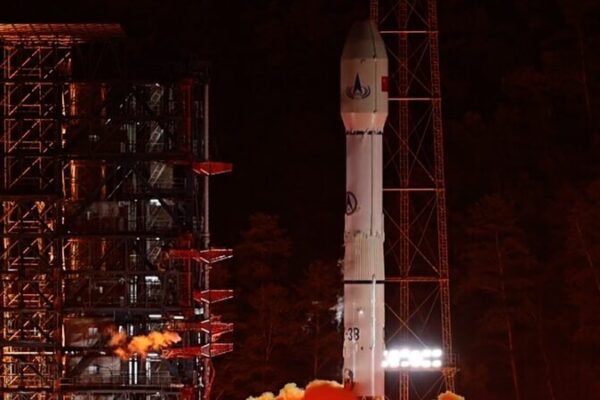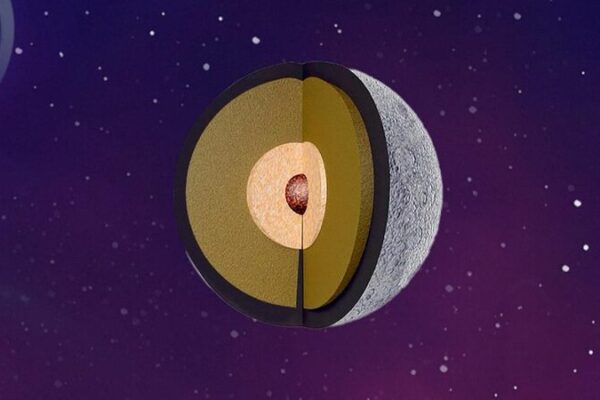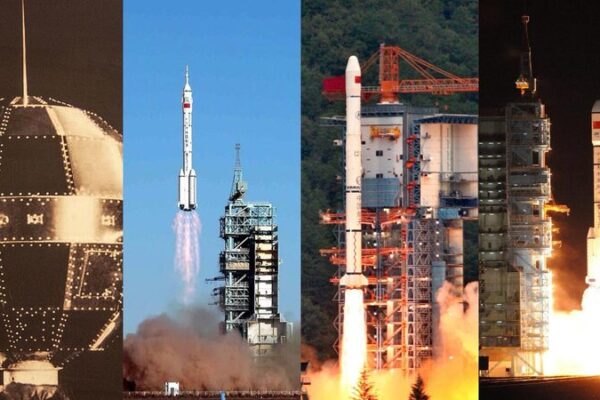In a historic step for Pakistan’s space ambitions, the country’s first Lunar CubeSat satellite, ICUBE-Q, has embarked on a journey to the moon aboard China’s Chang’e-6 space probe. This marks a significant milestone in the deepening collaboration between China and Pakistan in the realm of space exploration.
“The next era is a space era,” said Professor Qamar ul Islam of Pakistan’s Institute of Space Technology. “We hope this achievement inspires our youth to engage with the burgeoning opportunities in space science and technology.”
The ICUBE-Q satellite represents Pakistan’s growing capabilities in space technology and its commitment to fostering scientific innovation among young people. By partnering with China, a leading nation in space exploration, Pakistan aims to accelerate its participation in lunar research and beyond.
The Chang’e-6 mission, named after the Chinese moon goddess, is China’s latest endeavor to explore the lunar surface. Carrying Pakistan’s ICUBE-Q, the mission symbolizes a shared vision for cooperation in space and a mutual aspiration to push the boundaries of human knowledge.
For the young minds in Pakistan and across the Global South, this collaboration offers inspiration and a glimpse into a future where space is more accessible than ever before. As Professor Qamar ul Islam emphasized, the mission is not just a technological feat but a beacon of opportunity for the next generation of scientists and engineers.
With ICUBE-Q on its lunar voyage, Pakistan joins the ranks of nations making tangible contributions to space exploration, heralding a new chapter of innovation and international partnership.
Reference(s):
cgtn.com

